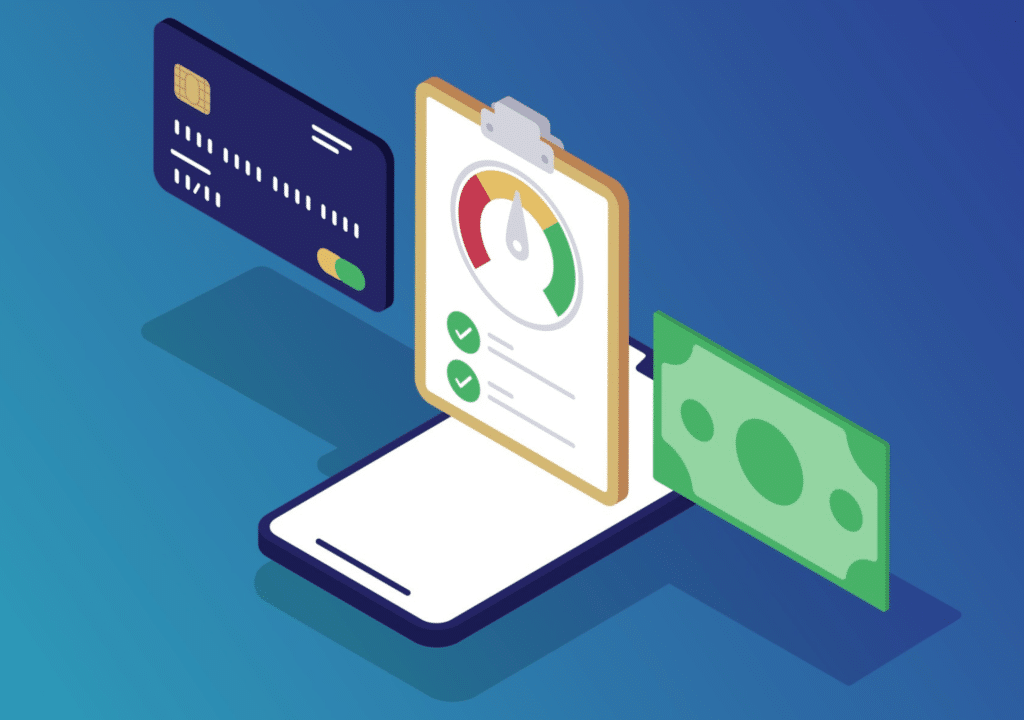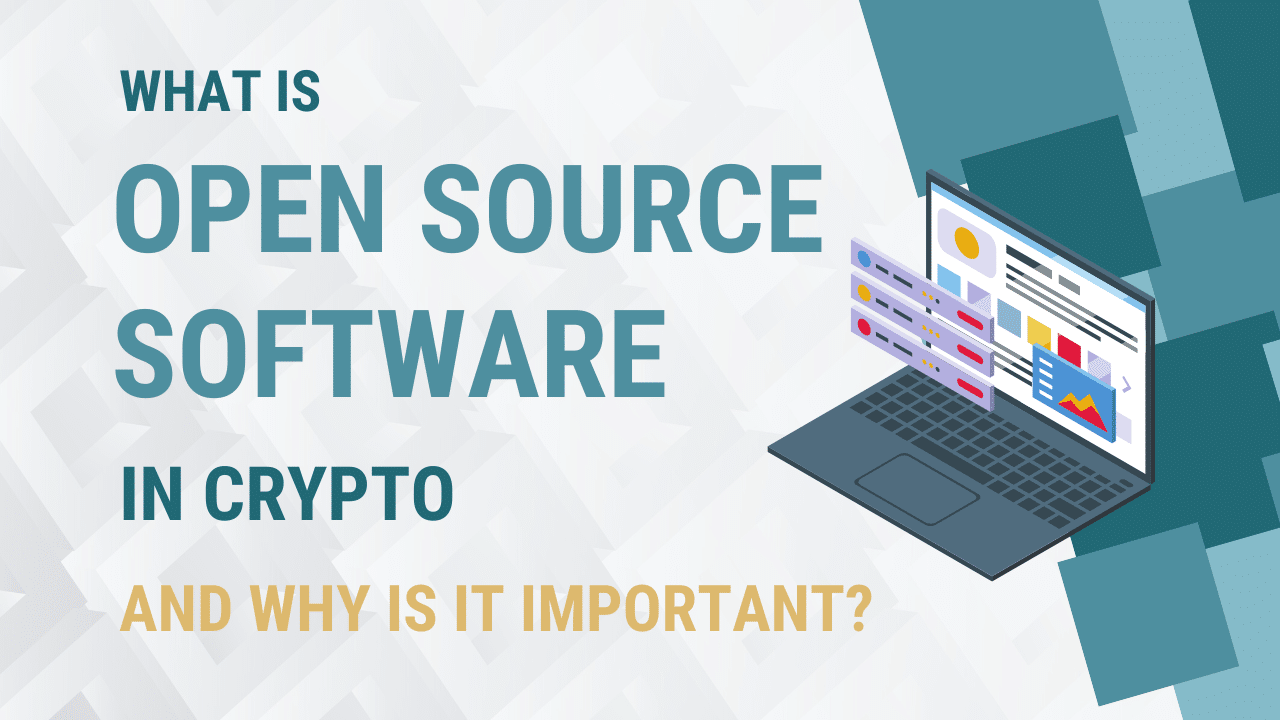For some people, cryptocurrency represents a magnificent opportunity to bolster their current financial state. For others, it represents a can of worms that could result in massive losses. Because of this, understanding the definition of financial risk is vital and could be the key to your success.
With any type of investment, there’s always a degree of risk involved. No matter how much research you do or how certain you are that you’re making the right call, unexpected things happen. And sometimes, you lose money because of it.
The possibility of this happening is called financial risk.
In this article, you’ll learn the definition of financial risk as it applies to cryptocurrency, as well as the different types of financial risk to look out for.
Let’s jump right in:

What is the Definition of Financial Risk?
Financial risk is defined as the risk of losing money or valuable assets. Often, investment professionals use this concept to describe the amount of money you can lose during a particular trade or investment. So, you can think of financial risk as the potential for loss—rather than the loss itself.
In other words, most transactions or financial occurrences inherently risk some degree of loss. This potential for loss, called financial risk, can be applied to a wide range of scenarios. Some of these include stock markets, business management, and the economy.
In trading especially (such as that involving stocks or crypto), it is necessary to assess those risks ahead of time and do your best to negate them. This is called risk management.
Depending on who you are and the degree of risk you prefer, you might do more or less risk management than someone else looking at the same crypto. No matter who you are, though, it’s important to have a basic understanding of the different types of financial risk.
The most notable types of financial risk are
- Investment risk
- Operational risk
- Compliance risk
- Systemic risk
Now, let’s explore the concepts each of these risks represents.

Types of Financial Risk
There are various ways of interpreting the definition of financial risk—and no single one is necessarily the ‘be-all, end-all’. Because of this, the exact definitions for these concepts might vary slightly depending on the circumstances.
These types also will often have subcategories of their own, which we will also cover in this section. Let’s begin:
Investment Risk
The most common type of financial risk you’ll face when investing in crypto is financial risk. This is because, as the name suggests, investment risks are risks that relate to trading and investment activities.
Because this category is so large, investment risk is broken down into three major subcategories:
- Market risk
- Liquidity risk
- Credit risk
Market Risk
Market risk is a type of investment risk directly related to an item or stock’s fluctuating cost. For example, if you were to purchase Ethereum, you would be exposing yourself to market risk because the price could drop.
To manage this type of risk, your best option is to create a strategy. Start by considering how much you could lose by buying Ethereum versus how much you could gain. Do the potential losses justify the potential gains?
Next, if you decide to go ahead and buy, you’ll want to create a strategy beforehand so you know what to do when the market moves. In other words, what will you do when the price rises and/or falls?
Furthermore, it’s common for investors to face both direct and indirect market risk across their portfolio’s lifespan. Direct market risk relates to things like drops in price that directly affect your potential profit. On the other hand, indirect marketing tackles issues then indirectly affect you, like industry interest rates.
When you buy crypto, interest rates aren’t typically something you need to concern yourself with. Rather, the types of indirect risk you’ll encounter when buying crypto might relate to new government regulations, industry processes, etc.
To put it more simply: direct risk can usually be described as a drop in a cryptocurrency’s price. Indirect risks are the things that cause those price drops.

Liquidity Risk
Liquidity describes the ability to quickly convert an asset to cash. The more time it will take to convert an asset, the less liquid it is said to be.
So, where does this come in as risk?
Liquidity risk is the risk you take as an investor that you might be unable to quickly buy or sell a particular asset before its price changes.
For example, let’s say you bought 100 units of XYZ cryptocurrency for $5 each. Now, let’s suppose that a few months go by and the cryptocurrency is now being sold for $6 each and you want to sell.
If the market is liquid, you can quickly sell all 100 units and reap your profit because plenty of people are willing to pay $6 apiece for them. If the market is illiquid though, you’d have a harder time selling them because there are only a few buyers looking to buy. When this happens, your options are to lower the price you’re selling for or to sell what you can while you wait for the market to pick back up. Doing this, though, exposes you to liquidity risk.
Why?
Because the price could drop again before you can sell everything.
This is liquidity risk in a nutshell.
Credit Risk
Credit risk is defined as the risk of a lender losing money because a borrower has defaulted on their loan. This type of risk is much less common than either liquidity risk or investment risk when dealing with crypto, but it does still occur.
For example, let’s say that you are lending money to James so he can purchase more units of cryptocurrency than he would typically be able to afford. You give him $100, and he agrees to pay you back $200 to account for interest.
However, James later discovers he can’t pay you back because the cryptocurrency he bought has crashed. There’s no longer any way for you to get your money back. This type of risk is called credit risk.

Operational Risk
The second major type of financial risk you should know about is operational risk. Operational risk is the risk of financial loss caused by shortcomings in internal processes and procedures. These failures can be caused by accidental mistakes or intentional fraud.
Operational risk isn’t something you encounter often when trading cryptocurrency, especially if you’re doing so on behalf of yourself as an individual. However, there are circumstances you might encounter that put you on the path of operational risk.
For example, if you were to hire a financial advisor and (whether through a mistake or fraudulent activity) advised you to invest in a failing cryptocurrency, that can be considered an operational risk.
Additionally, operational risk isn’t just caused by human error. It can also be caused by external events out of the company’s control, like earthquakes or tornadoes.
Compliance Risk
Compliance risk is a type of risk associated with failing or refusing to comply with laws and regulations. Making legal mistakes when trading crypto can land you in hot water with organizations like the IRS or could result in jail time if you’re accidentally skirting taxation and revenue laws.
To avoid this type of risk, all you have to do is keep yourself informed. So long as you know the laws and abide by them, you can nearly eliminate this risk completely.
Some of the best ways to make sure you’re well-informed when it comes to cryptocurrency law for your area are:
- Read the latest crypto news articles
- Browse government websites to find answers to your questions (such as whitehouse.gov)
- Always double-check a law you have questions on
- Consult with a lawyer

Systemic Risk
The last type of risk we’ll discuss, systemic risk, is a large-scale risk factor that will nearly always be outside of your control. This risk factor describes adverse events that affect the systems that control your cryptocurrency, which in turn affects you.
An easy way to understand the concept of systemic risk is to imagine a line of dominos. When one piece falls, the other pieces fall in quick succession as a result of that event.
Because you have little control over the systems that control your cryptocurrency, it is difficult to completely avoid this risk. The best way to mitigate it, however, is to make sure you have a diverse portfolio. This way, if a large event were to affect your investment, it would have a smaller impact on you personally.
Final Thoughts
Cryptocurrency can present incredible benefits to those brave enough to trade in the industry. However, no investment comes without some degree of risk.
Now that you understand the definition of financial risk and the risks you can incur by investing in cryptocurrency, you’re much more prepared to take the first step.
If you’re interested in learning more about cryptocurrency before you get started, or you still aren’t comfortable enough to start investing, don’t worry! Dypto has you covered. Visit our blog for more interesting crypto topics, or get started with our visual lessons!
Dypto out!
Want to join the Dypto journey? Follow our socials!


